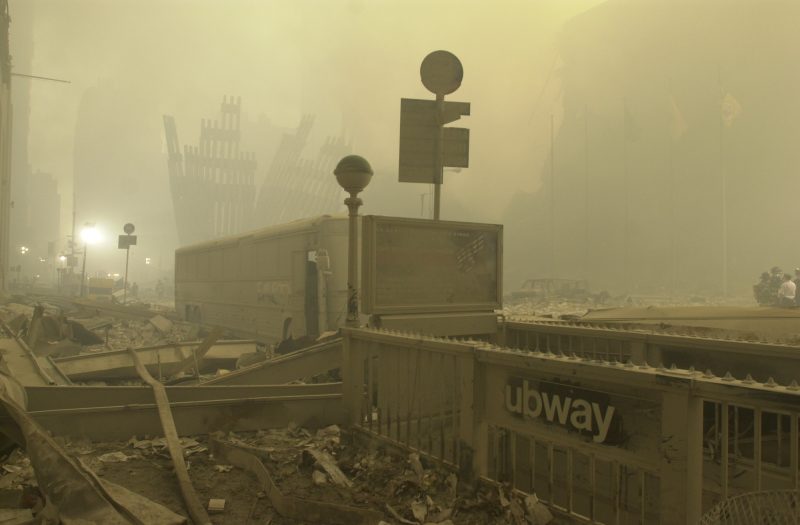In recent years, there has been a growing concern over the health of 9/11 responders who are now experiencing higher rates of dementia. These brave individuals, who selflessly rushed to the scene in the aftermath of the terrorist attacks on September 11, 2001, are now facing serious health challenges that are impacting their quality of life. As they grapple with the devastating effects of dementia at a younger age, many are looking to the government for support and assistance in addressing this pressing issue.
The link between the exposure to toxins at Ground Zero and the development of dementia among 9/11 responders is a troubling reality that cannot be ignored. Studies have shown that the cloud of dust and debris that filled the air in the aftermath of the attacks contained harmful substances such as asbestos, lead, and other toxic chemicals. Prolonged exposure to these toxins has been linked to various health complications, including respiratory issues, cancer, and now, an increased risk of dementia.
The fact that these 9/11 responders are now experiencing dementia at a higher rate than the general population is a stark reminder of the long-term impact of their heroic efforts on that fateful day. These individuals put their own lives on the line to save others, and now they are paying the price with their own health. It is essential that we as a society acknowledge their sacrifices and provide them with the support they need to cope with the challenges they are facing.
One of the main demands of 9/11 responders and their advocates is for the government to expand health coverage and disability benefits to include dementia as a recognized condition related to their service at Ground Zero. Currently, many responders are facing difficulties in receiving adequate care and support for their dementia-related needs, as existing programs may not fully cover the scope of their condition.
Furthermore, there is a call for increased funding for research into the specific links between 9/11 exposure and dementia, as well as for the development of specialized treatment programs tailored to the unique needs of these individuals. By investing in research and treatment options for dementia in 9/11 responders, we can help improve their quality of life and ensure that they receive the care and support they deserve.
In conclusion, the rising rates of dementia among 9/11 responders serve as a poignant reminder of the lasting impact of the tragic events of September 11, 2001. It is imperative that we stand in solidarity with these brave individuals and advocate for the government to provide the necessary support, resources, and recognition they need to address their health challenges. By taking action now, we can honor the sacrifices of these heroes and help improve their quality of life as they navigate this difficult journey.
